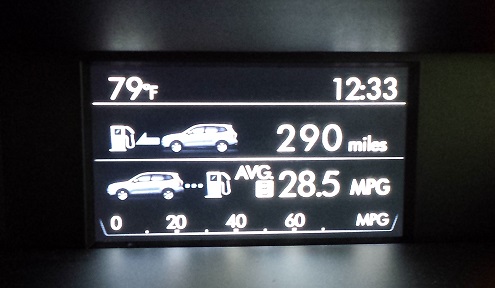How Much Does A Car Weigh?
Have you ever wondered about the weight of a car? The weight of a vehicle is a fundamental characteristic that influences everything from fuel efficiency to performance and safety. It varies widely across different types of vehicles, from lightweight compacts to heavy-duty SUVs and trucks. In this guide, we’ll share average weight of different types of cars.

How Much Does A Car Weigh?
The weight of a car is a critical factor that influences its performance, fuel efficiency, safety, and handling. Vehicle weight can vary widely depending on the type of car, its size, the materials used in construction, and the features included. Here, we’ll look into how much different types of cars weigh and what impacts these variations can have.
1. Compact Cars Average Weight
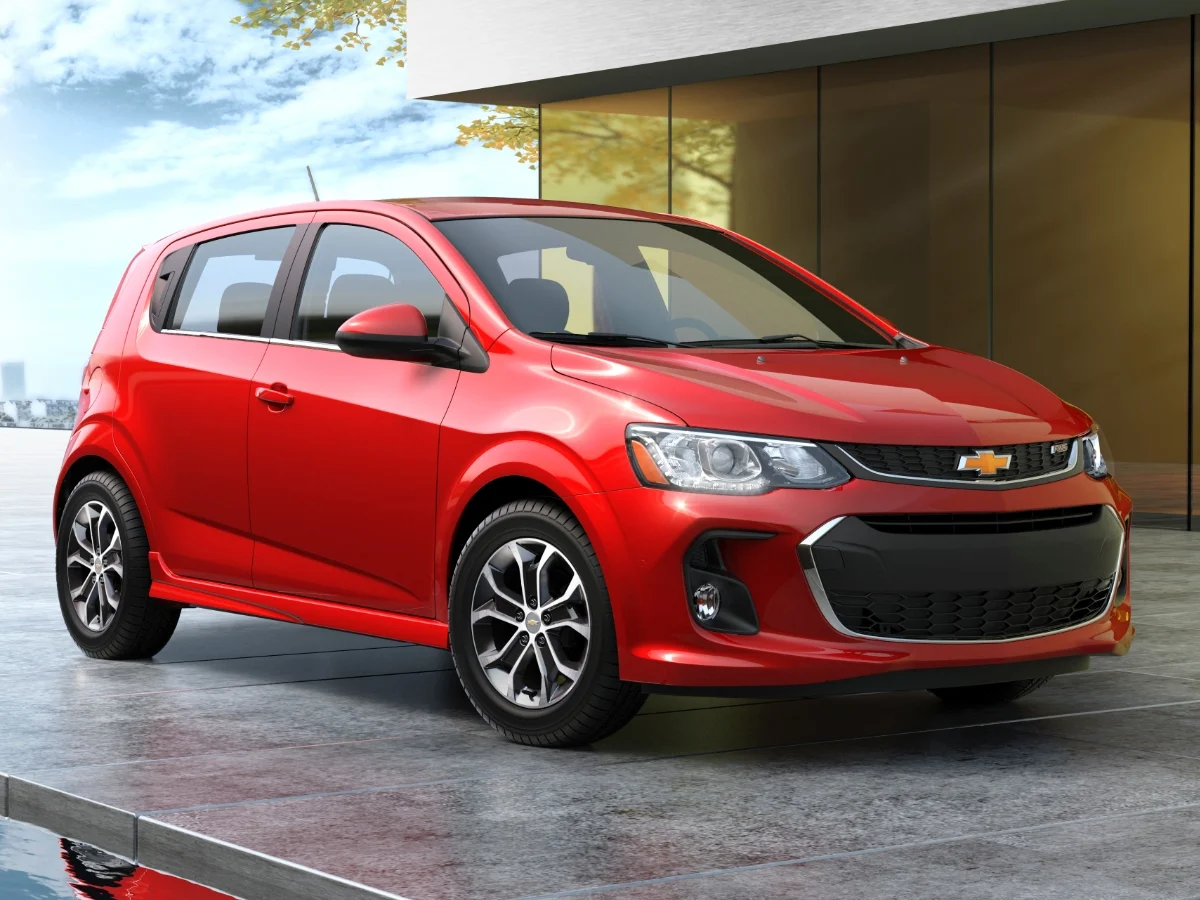
Compact cars are designed to be economical and agile, ideal for city driving and easier parking. On average, a compact car weighs between 2,500 to 3,000 pounds (1,134 to 1,361 kilograms). Examples include the Honda Civic and Toyota Corolla. Their lighter weight contributes to better fuel efficiency but may also mean less momentum in a collision compared to heavier vehicles.
2. How Much Does Mid-Size Sedans Weigh?
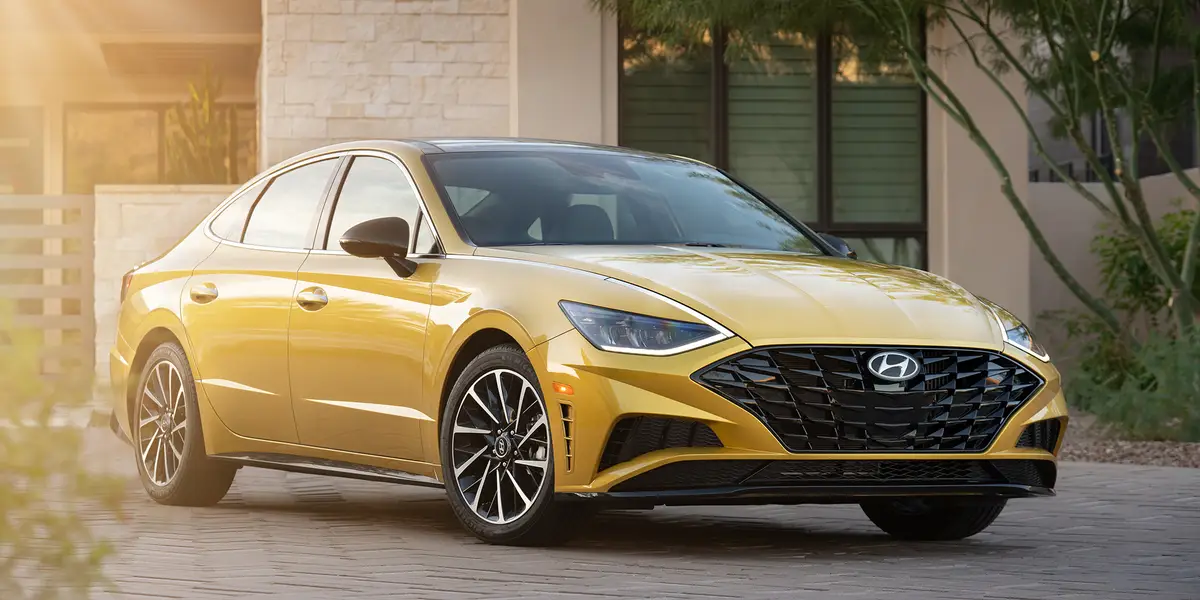
Mid-size sedans offer more space and comfort than compact cars and typically weigh between 3,000 to 3,500 pounds (1,361 to 1,588 kilograms). Popular models like the Toyota Camry and Honda Accord fall into this category. These cars strike a balance between the nimbleness of smaller cars and the sturdiness of larger ones.
3. Full-Size Sedans
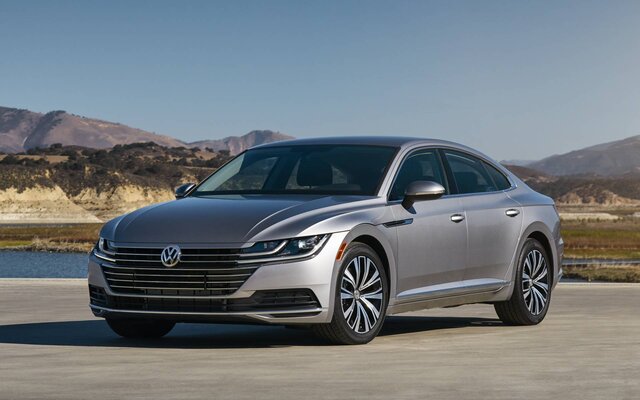
Full-size sedans provide even more spacious interiors and features, with weights ranging from 3,500 to 4,000 pounds (1,588 to 1,814 kilograms). Vehicles such as the Chevrolet Impala and Ford Taurus are examples. Their heavier weight enhances crash safety and ride smoothness but can reduce fuel economy.
4. SUVs and Crossovers
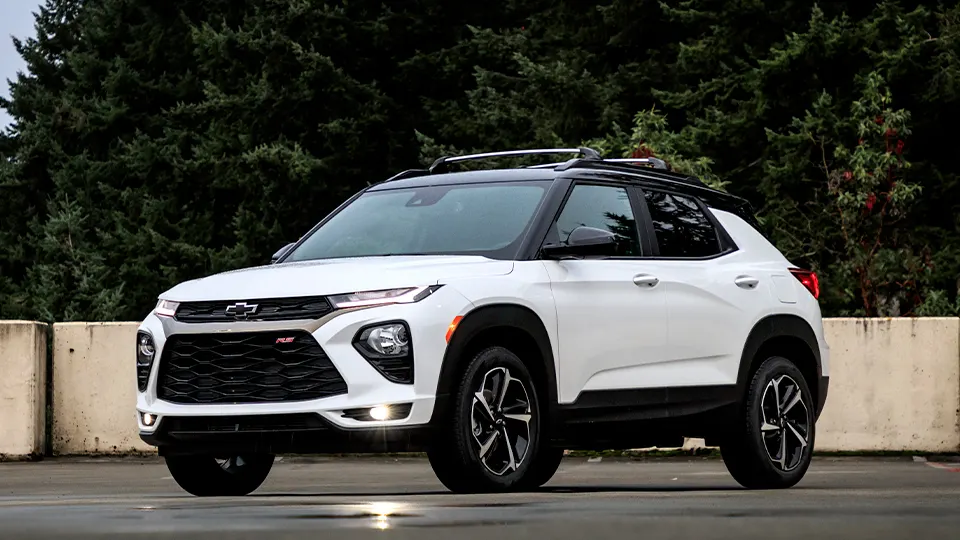
SUVs and crossovers vary significantly in size and weight. Smaller crossovers like the Honda CR-V weigh around 3,300 to 3,800 pounds (1,497 to 1,724 kilograms), while larger SUVs like the Chevrolet Tahoe can weigh 5,500 to 6,000 pounds (2,495 to 2,722 kilograms). The additional weight provides better protection in a crash and allows for more cargo and passenger space but typically comes with lower fuel efficiency.
5. Average Weight of Sports Cars

Sports cars, which prioritize performance and handling, can vary widely in weight. A lighter sports car like the Mazda MX-5 Miata might weigh around 2,300 pounds (1,043 kilograms), whereas a more powerful sports car like the Chevrolet Corvette can weigh around 3,300 pounds (1,497 kilograms). The weight affects handling dynamics and acceleration.
6. Luxury Cars
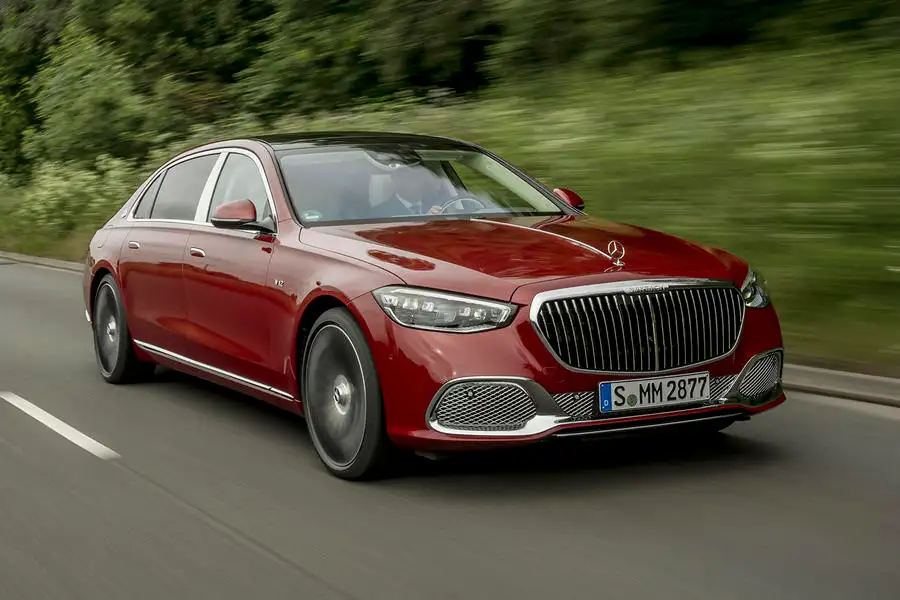
Luxury cars often feature heavy comfort and technology enhancements, which can push their weight higher. For instance, a Mercedes-Benz S-Class can weigh anywhere from 4,700 to 5,200 pounds (2,132 to 2,359 kilograms), impacting both fuel economy and the smoothness of the ride.
7. Electric Vehicles (EVs)

How Much Does Ferrari Weigh?
Ferraris are known for their high-performance engines and use lightweight materials extensively, so they tend to be on the lighter side compared to luxury sedans or SUVs. However, they are still substantial sports cars. You can expect their weight to range from around 3,200 to 3,800 pounds (1450 to 1720 kg) for curb weight (empty car without passengers or cargo).
Ferraris are also lighter than many luxury cars due to their focus on performance and lightweight materials. Here’s a breakdown of their weight range:
-
Heaviest Ferraris: The Ferrari FF comes in as one of the heaviest, tipping the scales at around 4,140 pounds (1880 kg) curb weight. This grand tourer prioritizes space and luxury features alongside performance, so it packs a bit more weight.

-
Lightest Ferraris: Some Ferrari models are crafted for pure performance and utilize the most weight-saving materials. Lighter Ferraris can weigh around 3,200 pounds (1450 kg) curb weight. The Ferrari 488 GTB is an example, focusing on agility and handling with a lower weight profile.
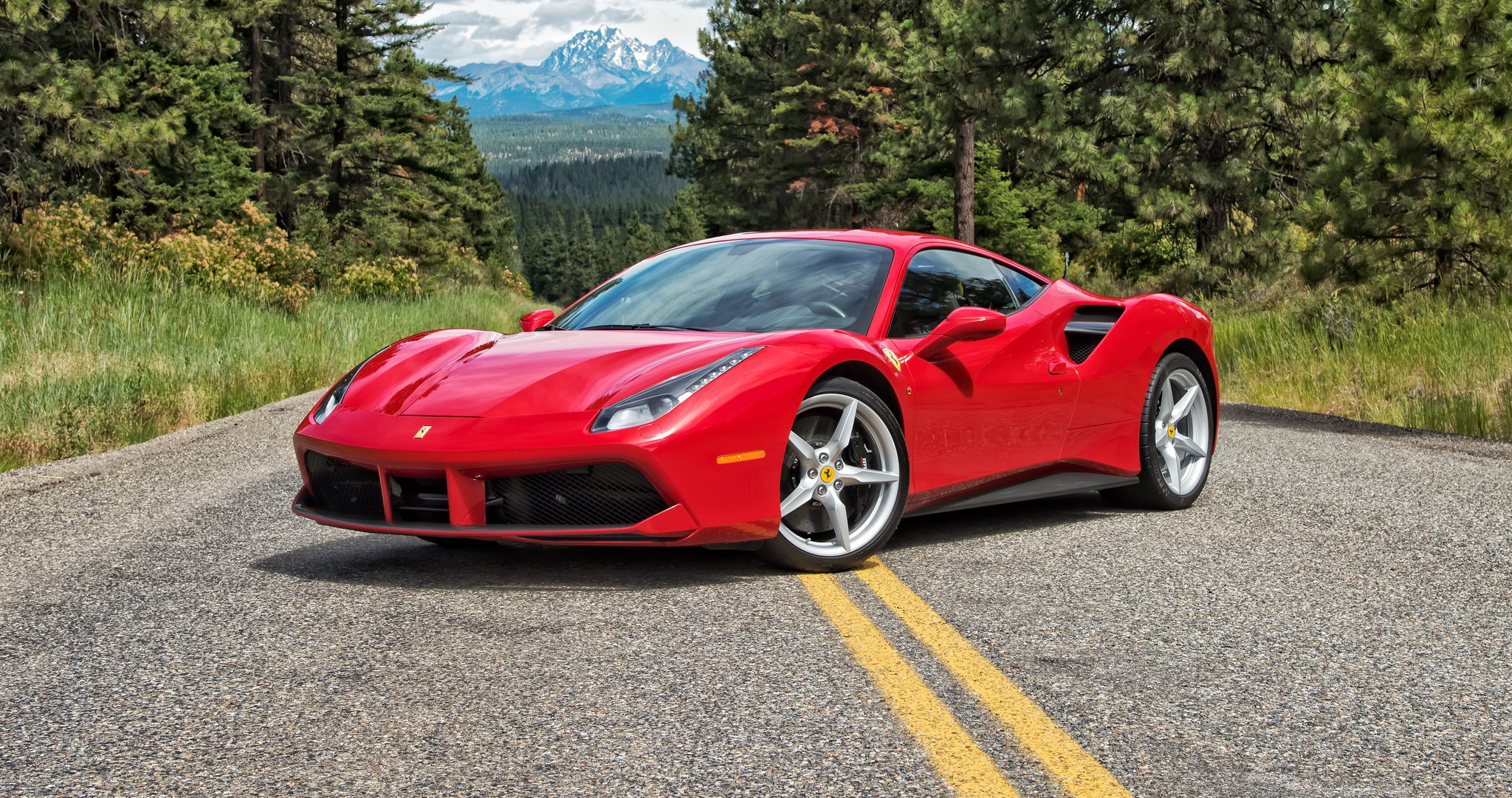
Frequently Asked Questions
What are some measurements of car weight?
Common measurements of car weight include Kerb Weight, which refers to the vehicle’s weight without passengers or cargo, and Gross Vehicle Weight, which is the maximum operating weight of the vehicle as specified by the manufacturer.
How does weight affect Ferrari sports cars?
In Ferrari sports cars, weight affects performance, safety, fuel efficiency, and maintenance needs. Models such as the 2015 Ferrari 458 Italia, Ferrari F12berlinetta, and Ferrari LaFerrari showcase how materials and engine sizes influence their weights. Ferrari blends lightweight metals, carbon fiber, and aluminum to balance durability, speed, and fuel efficiency.

Hi! I’m Larry Gibbs, studying mechanical engineering with a focus on cars. I really love Ferraris and write blog posts about the latest car stuff. When not studying or blogging, I’m usually on a road trip exploring new places. I also enjoy playing football and watching movies. Life’s an adventure, and I’m all about enjoying the ride!


